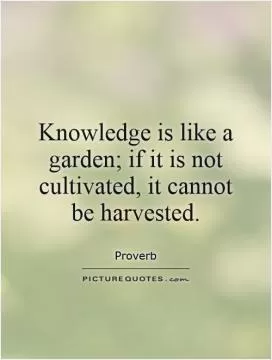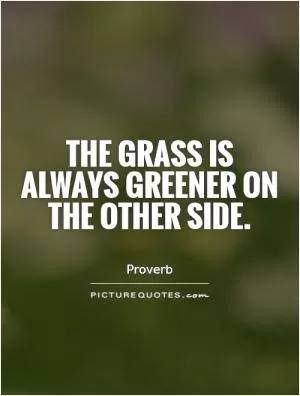Virtue is its own reward

Virtue is its own reward
The proverb "virtue is its own reward" is a timeless and universal truth that has been passed down through generations. It encapsulates the idea that living a virtuous and moral life brings its own intrinsic rewards, regardless of any external recognition or material gain. In essence, it suggests that doing what is right and good is its own reward, as it brings a sense of inner peace, fulfillment, and contentment.Virtue, in this context, refers to qualities such as honesty, integrity, kindness, compassion, and selflessness. These are the qualities that define a person's character and guide their actions and decisions. When one acts in accordance with these virtues, they are not only benefiting others but also themselves. By living a virtuous life, individuals cultivate a sense of self-respect and self-worth that cannot be bought or earned through external means.
The idea that virtue is its own reward is particularly relevant in a world where success is often measured by external markers such as wealth, power, and status. In a society that values material possessions and superficial achievements, it can be easy to lose sight of the importance of moral values and ethical behavior. However, the proverb serves as a reminder that true happiness and fulfillment come from living a life guided by principles of goodness and righteousness.
Furthermore, the concept of virtue being its own reward highlights the idea that doing what is right is its own justification. It suggests that moral actions should be undertaken not for the sake of recognition or reward, but simply because they are the right thing to do. This aligns with the belief that true virtue is selfless and altruistic, motivated by a genuine desire to help others and make the world a better place.












 Friendship Quotes
Friendship Quotes Love Quotes
Love Quotes Life Quotes
Life Quotes Funny Quotes
Funny Quotes Motivational Quotes
Motivational Quotes Inspirational Quotes
Inspirational Quotes